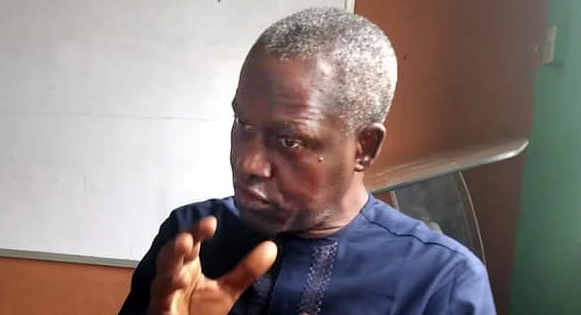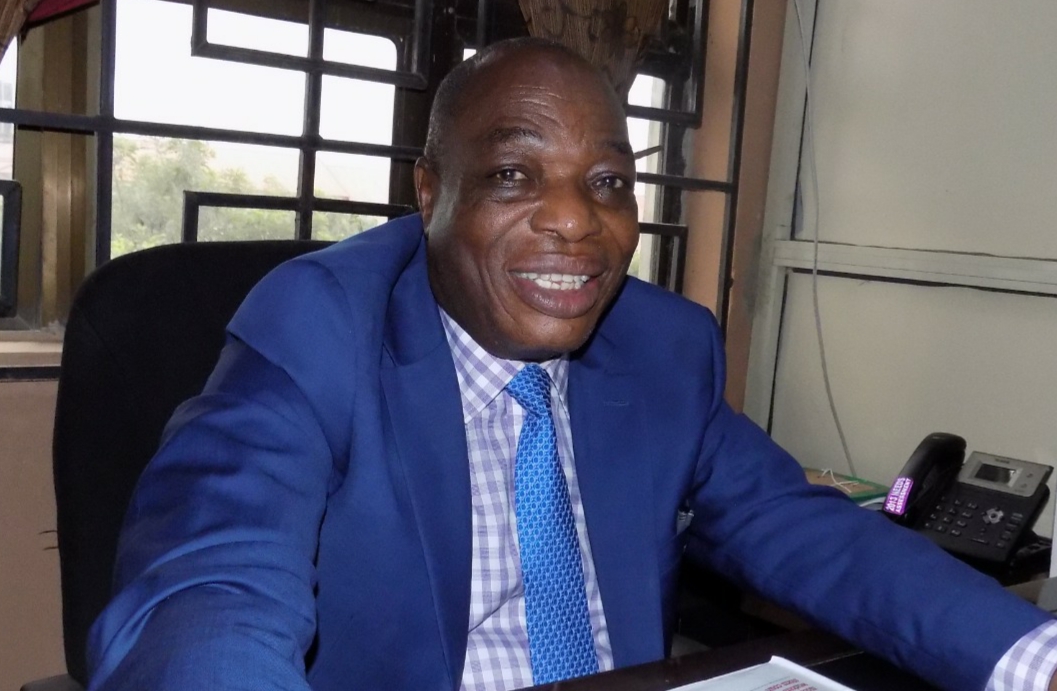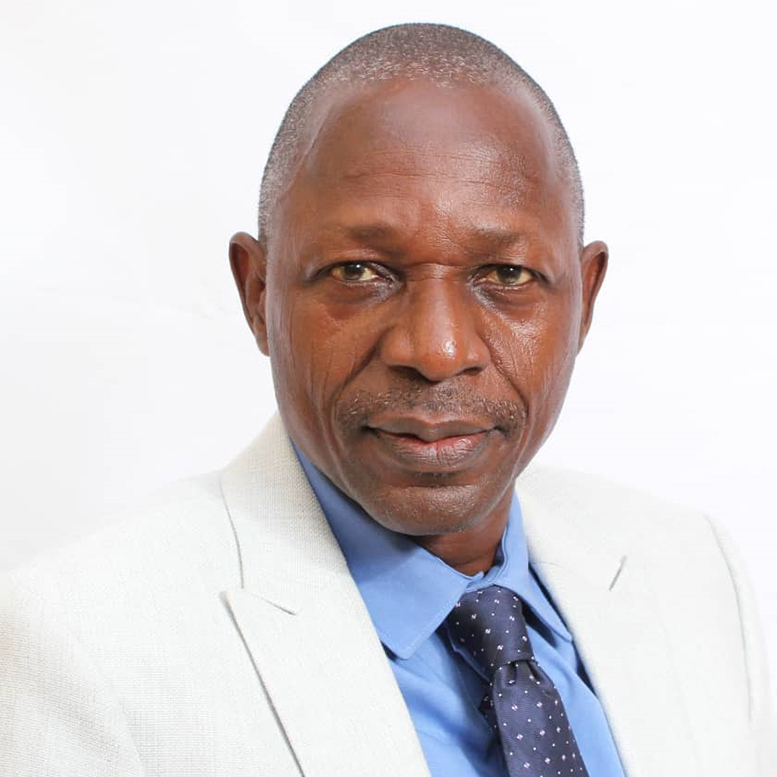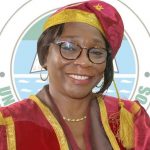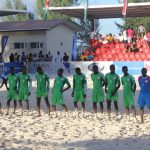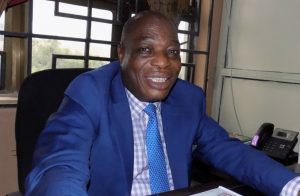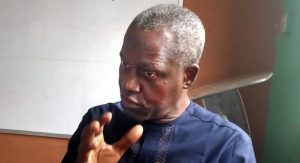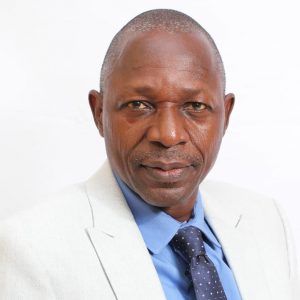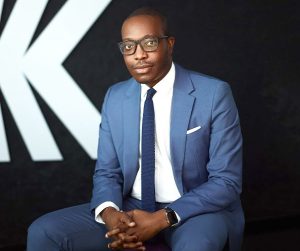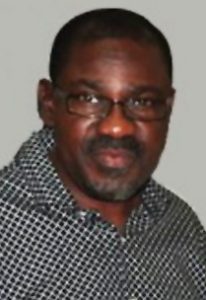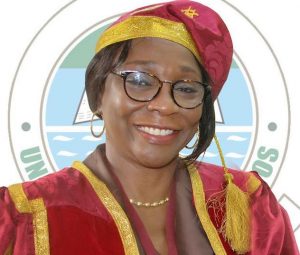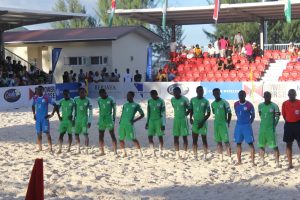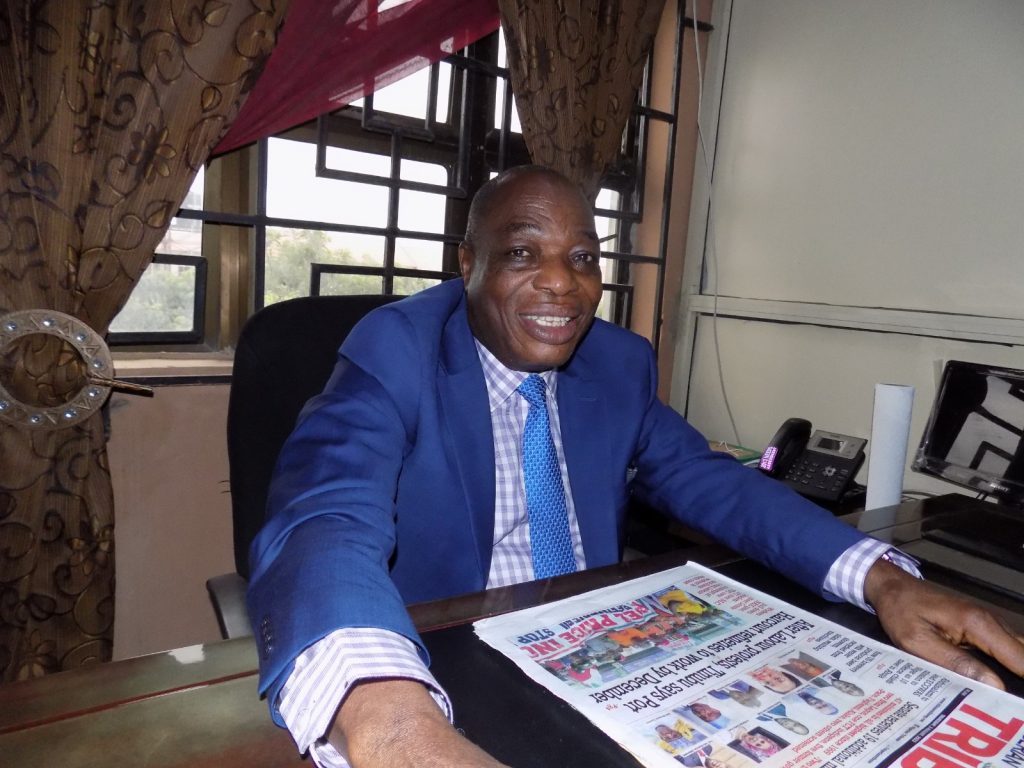
The Professor of Pediatric Surgery, who currently midwifes the new College of Medicine at the Federal University of Technology, in his affability, a rich sense of humour and intellectualistic discourse, gave practical lessons on how to be dogged in one’s conviction, and be led by God in making critical choices.
Highly averse to mediocrity, Professor Adejuyigbe never agrees to settle for second best, but the best.
Exuding vibrancy and profound health, even at his age, the don of superfluous scholastic reputation who traversed many great universities in the world, winning academic laurels both at home and abroad, spoke about some hydra-headed challenges he had to contend with in life.
In this interview, Professor Adejuyigbe bares his entire moral, practical and medical lessons to Jide Fashoyin and Toye Faleye in what can be seen as mentoring for the young generation, excerpt:
I was born to Pa Daniel Ojo Adejuyigbe. My mother was Madam Elizabeth Famutade Adejuyigbe. Both were devout Christians. I can say without any iota of doubt that my father was a man of faith who had no other leader besides Jesus Christ. I am saying this so that you will know my background. However, my mother came from the Ifa worshipping family whose father was the Ojomo of Akure. My mother converted to Christianity after she married my father. My father told me that her faith was stronger than his. For those that know my father, that was a huge statement. My father was over 70 years when I was born.
My mother died when I was four years old, on a day in September 1956. I didn’t know much about her but I can recollect her facial appearance and can testify that she was a disciplinarian. My father would not beat you but I had the distinction of being the person my father beat of all his children. My mother had seven Children and I am the last, although my father had other children from other women. He inherited a wife of an older relation who died. The first wife was giving birth to “abikus” (children who die in infancy), that was how my mother came into his life.
My father was a farmer with a large expanse of farmland, part of which was appropriated by the government for the establishment of the Federal University of Akure.
When my mother died, her immediate younger sister, the youngest of her siblings took me to Lagos. She did not have a child of her own so, people started addressing her by my name. They called her Mama Olu. I grew up in Lagos, not missing anything. She was engaged in her petty trade of fried yam (dundu) in the street. So I had access to dundu ad infinitum.
ELEMENTARY SCHOOLING
A development occurred in 1957; a man appeared and said he wants to take me to Akure to start schooling. In my family, we all have to go to St. Thomas’s Primary School. It was more like a rite of passage, so I started schooling there but when my elder brother, the third of my mother had just finished Oyemekun Grammar school, and got a teaching job at L.A. Modern School, I was just a little over five years, so he took me to a primary school attached to the school. My elder brother left Akure before the end of the year and I was taken to St Thomas’s Primary School. My elder brothers were worried that my pranks could have negative implications for my father, so they decided to take me to Ibadan because they believe that my rascality was because of my stay in Lagos. People in Akure tagged me Olu-Eko, because, to them, the way I behaved was alien, and could only come from somebody from Lagos. Though, I eventually adapted to the environment but the name Olu-Eko stuck for some time.
The second son of my mother was appointed headmaster of Salvation Army Primary School, Odo Oja in Ikere. So I went there in 1960 as a primary 3 pupil. When my brother who took me to LA returned, he came to get me and we returned to Akure, where I completed my primary 3 and primary 4.
In September 1965, my brother travelled abroad for his degree at University of Redding to read Geography. Here I was, floating again. They now looked for a cousin of mine, the son of my mother’s younger sister who was a teacher at CAC Modern School, in Ilawe Ekiti to take me along.
In Ilawe, I did my primary 4 and primary 5 under the care of my cousin, Mr Kayode Adegbulu Adesida. He said he wanted to work in the library, so he joined the Western Regional Library in Ibadan. Again, I joined him and I had to get a new school. It took me a while to be able to get into an Anglican school, so I started at St Patrick Catholic School, Abebi, Ibadan. I wasn’t comfortable because their practices were alien to me. They learned creeds and insisted on learning Latin which made me miserable. I eventually secured a school at St Stephen’s Anglican Primary School Inalende , Ibadan. That was where I did my Primaries 5 and 6. My Childhood was nomadic.
SECONDARY EDUCATION
I did not want to return to Akure but my father had his plans. After the G2 exams for primary school at about Christmas time, my father said tomorrow, you are going to accompany me somewhere to see someone. I had sat for the entrance examination to Oyemekun Grammar School in Akure where I was invited for an interview, but did not come because I didn’t want to come to Akure. I knew my father would be forcing me to go to the farm with him. Left to me, I preferred Ibadan Grammar School because the place was very attractive- the fruit trees, birds, lawns and uniform were attractive.
My father was influential in the Anglican community. He took me to Chief P.A. Adinlewa, the Principal of Oyemekun and told him, “I have brought this chap to you to be handled the way you did his elder brothers.” The Principal looked at me and asked why I didn’t come for the interview, he took out a file from his drawers made some entry into it, and that was how I became a student of Oyemekun in Akure, against my wish and desires.
My brother was one of the first sets of students at Oyemekun Grammar School. By the time I joined the school, my brother’s contemporaries who went to Universities in Nigeria had graduated and were now teaching in the school. Some of them identified me by name and striking resemblance with my brother Omolade who was overseas. Initially, I thought my name, and being a brother to the teachers’ contemporary would draw favour from them, but I was making a mistake. Whenever my friends and I were involved in any mischief and were caught, I would be given more punishment than my accomplices would. If they got three strokes, I got double with labour. They saw me as a child under their care that should not be found wanting. The second consequence was that my friends avoided me because I would be easily recognized and would blow the lid if caught in any of our mischiefs. I was a prankster but my academics were good and as time progressed, I received less punishment and I stabilized and school became interesting.
HIGHER EDUCATION
In those days, the traditional thing was to go to HSC after the School Certificate Examination. One of my teachers, the late Bishop S.O. Fagbemi of Osun Diocese of the Anglican Church advised that I skipped the idea of HSC but should go for preliminary studies (Prelim). About this time my brother had returned to Nigeria in 1967 and was a lecturer at the University of Ife and when I was on holiday with him, I received guidance on what to do. At the time I was sitting for my WAEC in 1968, I had gathered enough information about prelim.
I applied for Pharmacy in University of Ife, (now Obafemi Awolowo University) because they don’t offer Medicine there but Pharmacy; I registered for Medicine at the University of Ibadan and also registered for the University of Lagos. I had no desire for Unilag. Ife was no option.
We sat for the UnIfe exam first and I did very well. My brother was toying with the idea of coming to Ife if I don’t do well in Ibadan. I said never in my life. This firm resolve was borne out of the experience I had as a child.
As a primary 4 pupil in April 1961, we had just resumed the second term holiday. We were all engaged in the general cleaning of the school compound and when we were done, we started engaging in all forms of distractions and playing. I saw a boy scaling a high jump and I joined in the show of skills. We started competing and I told myself that I was going to scale the height he had jumped even if it was going to take the whole day. In one of my attempts, I landed on my elbow and got my arm twisted. Now with the knowledge of a surgeon, I know I must have torn some ligament. When my father was told, he said it served me right. I couldn’t imagine living with a twisted arm. I was taken to the hospital where a young white doctor did some abracadabra, gave me an injection and my arm was fixed and he put me on POP. To me, this was magic. I was impressed and vowed to become a medical doctor and do miraculous things.
In those days, the University of Ife was owned by Western Region. When you sit for the concessional exam, the best ten students were given scholarships and I came first. This was enticing. I also did very well in the exam at the University of Ibadan. The Federal Government was also running a scholarship for the best ten. I also came first. I chose the University of Ibadan and nobody could force me to read Pharmacy. I was excited to be called to read Medicine in Ibadan and on scholarship.
My preliminary year was uneventful. The first test I had at the University was in Zoology, I scored 42%.
The lecturer, an Irish, commented on everybody’s script.
5 people got a little above 50%, he wrote “Keep it up”.
For those that got 45-49%, he wrote, “Work harder”
For those that got 42-44, he wrote, “Are you sure you are in the right place?”
41 and below, he wrote, “Abandon hope”.
Here I am, nursing the hope of becoming a medical doctor and somebody is asking if I am sure of being in the right place after admission into the university.
I told myself, “If I won’t get it, I will rather die trying”. Thereafter I got it fired up and reinforced my study habits – Legs in a bowl of water, drinking coffee, and kola nut chewing. I graduated in 1975 and had my housemanship at Ogbomoso Baptist Hospital.
“ If I won’t get it, I will rather die trying.”
To be continued.
What’s your thought about this story?
Kindly like and share.


